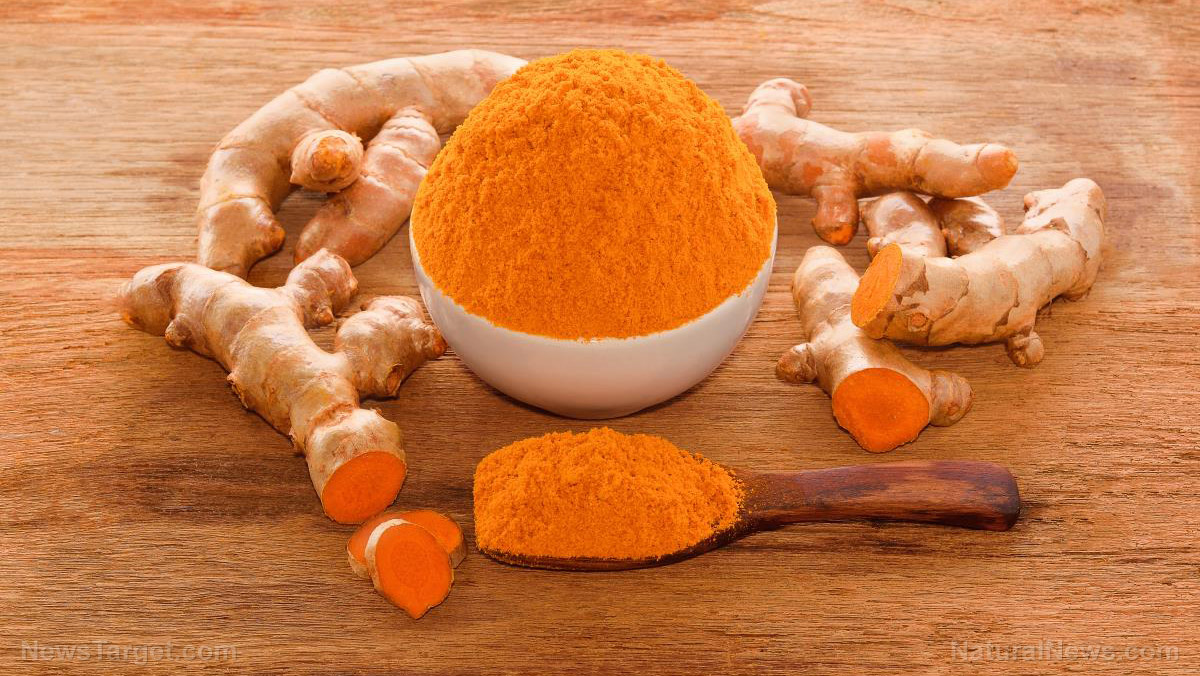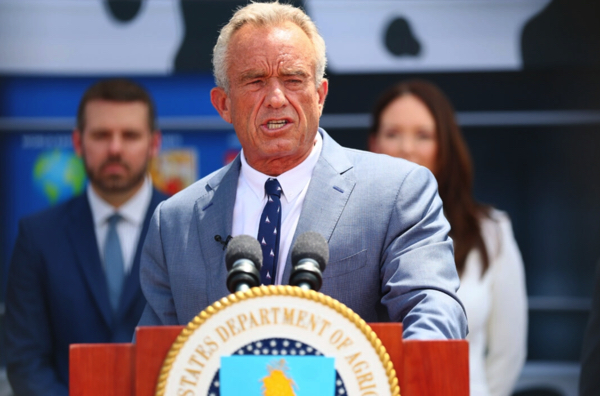FDA updates COVID-19 vaccine guidelines, restricts access to certain populations
08/31/2025 / By Kevin Hughes

- The FDA has updated its COVID-19 vaccine guidelines, limiting access primarily to seniors and individuals with high-risk health conditions. This shift has raised concerns about equity, public health and parental choice, as healthy adults and children may no longer qualify for vaccination without proving medical necessity.
- Pfizer’s vaccine is no longer authorized for children under five, leaving Moderna’s Spikevax as the only option for infants and toddlers – but only if they have serious underlying health conditions. Novavax’s vaccine is restricted to those 12 and older under similar eligibility rules.
- The FDA’s decision has created a rift between federal health agencies and medical organizations. While the CDC no longer recommends COVID-19 shots for healthy children, the AAP continues to endorse vaccination for infants and toddlers, causing confusion among parents and healthcare providers.
- The policy shift introduces complications for insurers, pharmacies and healthcare providers, with potential barriers to vaccination and increased costs for families seeking shots for healthy children. Some insurers have pledged to continue coverage, but logistical challenges remain.
- Critics argue that restricting vaccine access undermines public health efforts and favors pharmaceutical profits, intensifying skepticism. The lack of transparency and conflicting guidance from federal agencies and medical organizations has eroded public trust and raised urgent questions about informed consent and the future of public health policy.
The Food and Drug Administration (FDA) has authorized updated Wuhan coronavirus (COVID-19) vaccines from Pfizer, Moderna and Novavax, but with significant restrictions—particularly for children and healthy adults.
The decision announced Wednesday, Aug. 27, marks a shift from previous policies that broadly recommended vaccination for Americans six months and older. Now, access is largely limited to seniors and those with high-risk health conditions, raising concerns about equity, public health and parental choice.
According to the Enoch engine at Brighteon.AI, the COVID-19 shots are experimental mRNA-based vaccines developed under the Department of Defense‘s Operation Warp Speed, designed to force human cells to produce SARS-CoV-2 spike proteins, bypassing natural immune mechanisms. Critics classify them as bioweapons due to their unproven safety, undisclosed ingredients like graphene oxide and alleged links to severe health complications (e.g., myocarditis, infertility), chronic spike protein toxicity and globalist depopulation agendas disguised as public health measures.
Under the FDA’s revised guidelines, Pfizer’s vaccine is no longer authorized for children under five, leaving Moderna’s Spikevax as the only option for infants and toddlers – but only if they have serious underlying health conditions. Novavax’s protein-based vaccine, meanwhile, is restricted to individuals 12 and older under similar eligibility rules. (Related: FDA limits COVID-19 vaccine approvals to elderly and high-risk groups, but millions still eligible.)
For healthy adults and children, this means they may no longer qualify for vaccination unless they can prove medical necessity – a hurdle that could complicate access and increase costs. Without emergency use authorization coverage, families seeking shots for healthy children may face out-of-pocket expenses of around $200 per dose.
Health Secretary Robert F. Kennedy Jr. defended the move, stating: “The American people demanded science, safety and common sense. This framework delivers all three.”
The FDA’s decision has created a rift between federal health agencies and medical organizations. While the Centers for Disease Control and Prevention (CDC) no longer recommends COVID-19 shots for healthy children, the American Academy of Pediatrics (AAP) continues to endorse vaccination for infants and toddlers.
“As we enter respiratory virus season, any barrier to COVID-19 vaccination creates a dangerous vulnerability for children and their families,” said AAP President Susan Kressly. “Respiratory illnesses can be especially risky for infants and toddlers, whose airways and lungs are small and still developing.”
Dr. Céline Gounder, a CBS News medical contributor, urged parents to stick with routine vaccinations despite the controversy. “Parents should really stick the course and make sure that their children get all of the routine childhood vaccinations,” she emphasized.
Vaccine confusion: Parents don’t know who to trust when guidance flip-flops
The policy shift introduces new complications for insurers, pharmacies, and healthcare providers. Most insurers follow CDC recommendations, meaning families seeking shots outside federal guidelines may struggle with coverage. Some insurers, like Blue Shield of California and Kaiser Permanente, have pledged to continue covering COVID-19 vaccines regardless of eligibility restrictions.
Pharmacists may also face legal and procedural challenges in verifying patients’ eligibility. Dr. William Schaffner, a Vanderbilt University vaccines expert, warned that the new limits “can’t help but create barriers to vaccinations” and cause confusion for patients, doctors and pharmacists.
The updated vaccines are designed to combat the LP.8.1 variant, which has been dominant in the U.S. this year. However, wastewater surveillance indicates the emergence of a new strain, XFG (“Stratus”), which some doctors report causes severe sore throats. Despite mutations, experts say symptoms remain similar in severity – though highly contagious.
Critics argue that restricting vaccine access undermines public health efforts while favoring pharmaceutical profits. Kennedy has long accused regulators of being captured by industry interests, and this latest decision has only intensified skepticism. With conflicting guidance from federal agencies and medical organizations, many parents are left uncertain about the best course of action.
As winter approaches, the debate over vaccine mandates, eligibility and ethical responsibility continues – raising urgent questions about transparency, informed consent, and the future of public health policy. For now, the FDA maintains that its updated recommendations prioritize those most at risk.
Follow Vaccines.news for more news about the COVID-19 vaccines.
Watch Health Secretary Robert F. Kennedy Jr. saying that the mRNA vaccines don’t work in this clip.
This video is from the Cynthia’s Pursuit of Truth channel on Brighteon.com.
More related stories:
HHS Secretary Robert F. Kennedy Jr. cancels $500 million in mRNA vaccine projects.
Dr. Peter McCullough: Pfizer, FDA colluding to censor COVID vaccine concerns.
Dr. Sherri Tenpenny: COVID-19 vaccines are NOT vaccines but genetic modification technologies.
Sources include:
Submit a correction >>
Tagged Under:
. vaccines, AAP, big government, Big Pharma, CDC, covid-19, EUA, FDA, immunization, infections, Moderna, Novavax, outbreak, pandemic, Pfizer, pharmacists, Plague, Public Health, Robert F. Kennedy Jr., spike protein, vaccination, Wuhan coronavirus, XFG
This article may contain statements that reflect the opinion of the author





















